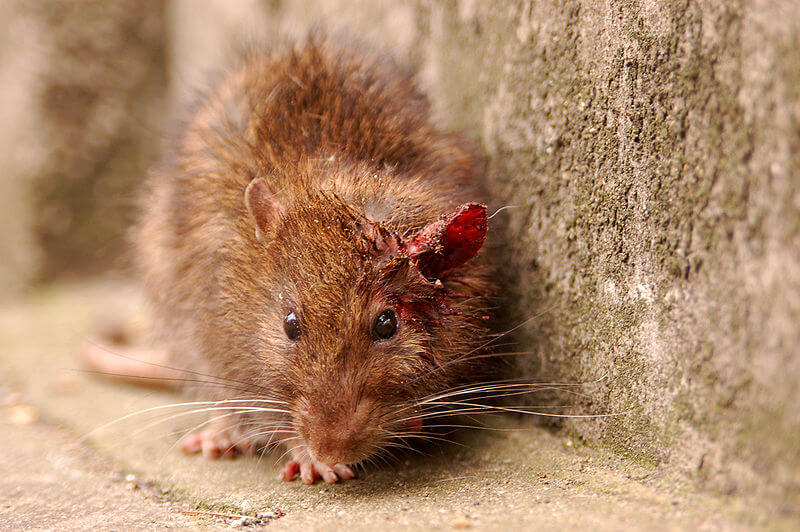This is according to a study conducted at the University of Haifa. The good news: not all effects are bad, and they can be "cured" with the help of exposure to an enriching environment even in the mother's generation

Rats that were exposed to stress during childhood passed on the effects of this early exposure to their offspring - mostly negative effects but also some positive ones. It also turned out that providing environmental enrichment to these mothers managed to "correct" some of the negative effects. These findings emerge from a new study conducted at the University of Haifa and published in the scientific journal Developmental Psychobiology. "The mechanistic similarity in many cases between us and rats raises questions about the effects of the transition to future generations in humans as well, for example, about the effects that the Second Lebanon War or the security situation in the south can have on those who are only children today," said Prof. Micha Leshem, who led the study.
In the present study, which was conducted by Prof. Leshem from the Department of Psychology at Haifa University together with Prof. J. Shulkin from Georgetown University and in collaboration with graduate students Hiba Zaidan, Alice Shahar-Dadoon, and Neta Kabatini-Fredman, the researchers sought to test the effects of exposure to stress from one and the enrichment on the other hand of childhood rats on the behaviors of their offspring. The researchers chose rats because they are social animals, with brain activity similar in many cases to that of humans
For this purpose, the researchers selected 40 female rats at the age of 27 days, the age at which the rats stop nursing. Some of the rats were exposed to several types of stress, others were only exposed to enrichment conditions (larger cages, different games, etc.), and some of them were exposed to stress and then to enrichment conditions. The last group was a group that was not exposed to any special condition. The rats became pregnant at the age of two months, and their offspring underwent a series of tests that examined social behaviors, coping with fear, coping with novelties, and more.
The main finding of the study was that the stress to which the rats were exposed during childhood affected their offspring, mainly negatively - increased anxiety and reduced social behavior - but also positively, among other things, in improved learning under stressful conditions. The male offspring also showed better adaptation to fearful experiences. In a similar way, childhood exposure to enrichment affected the offspring mainly in a positive way - increased social behavior and a desire to explore.
According to the researchers, a finding of central value is the fact that the mothers' exposure to an enriching environment after the stressful event actually "healed" some of the negative effects of the mother's stress among the offspring. "The research findings show that the evolutionary mechanism samples our environment from childhood and transmits information about it to future generations, so that they are better prepared for it. It is important to investigate whether even in humans such a limited stress, and at such a young age in the parents' generation, will affect the next generation, and whether in humans a 'therapeutic' intervention will also reduce the intergenerational effects", Prof. Leshem concluded.

5 תגובות
Reminds me of the offspring of sexually/physically/mentally abused women.
How exactly are these effects transmitted?
So stressful situations, which actually cause physiological stress and long-term damage, are good for the generation after the exposure?
Agree with Yehuda, it certainly reminds the second generation of the Holocaust.
Reminds me of the problem of second generation Holocaust survivors and everything they wrote about it
Good night
Sabdarmish Yehuda